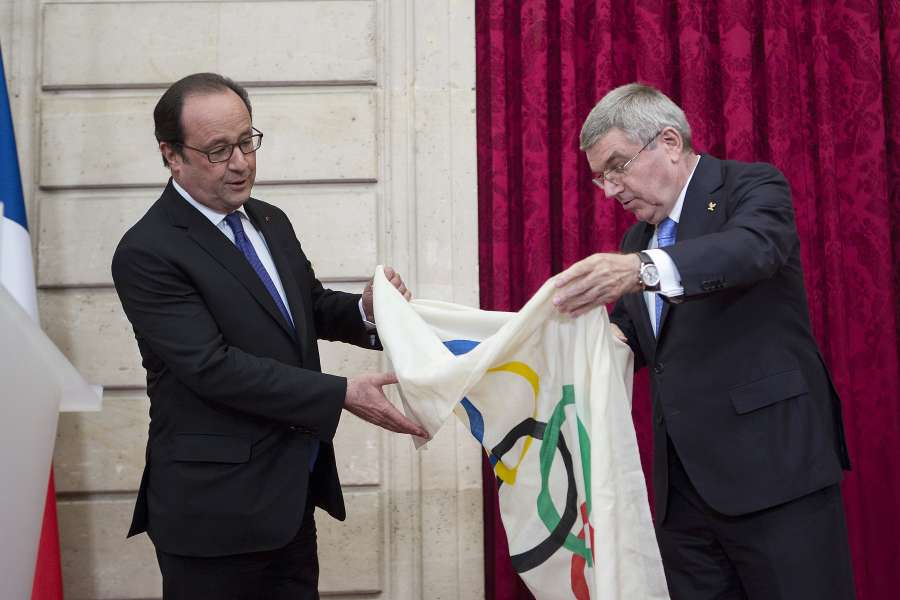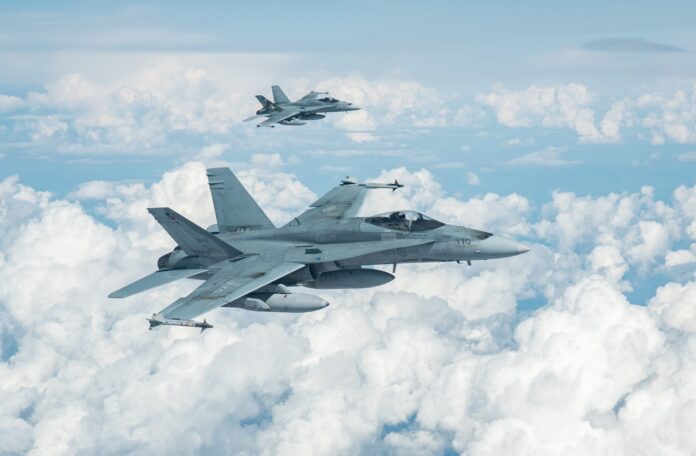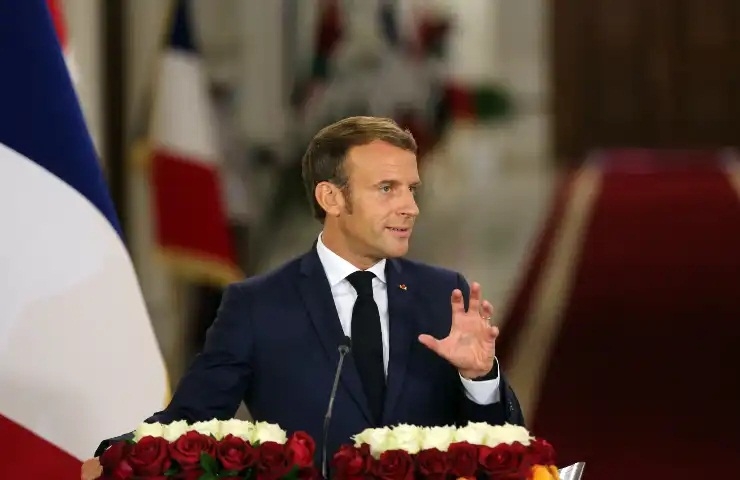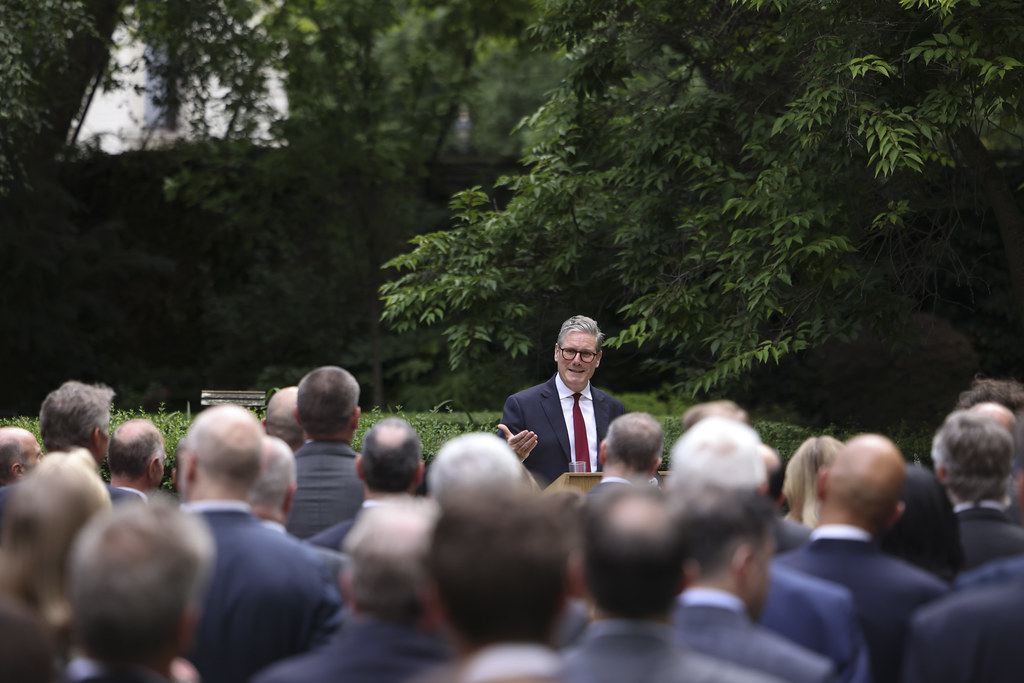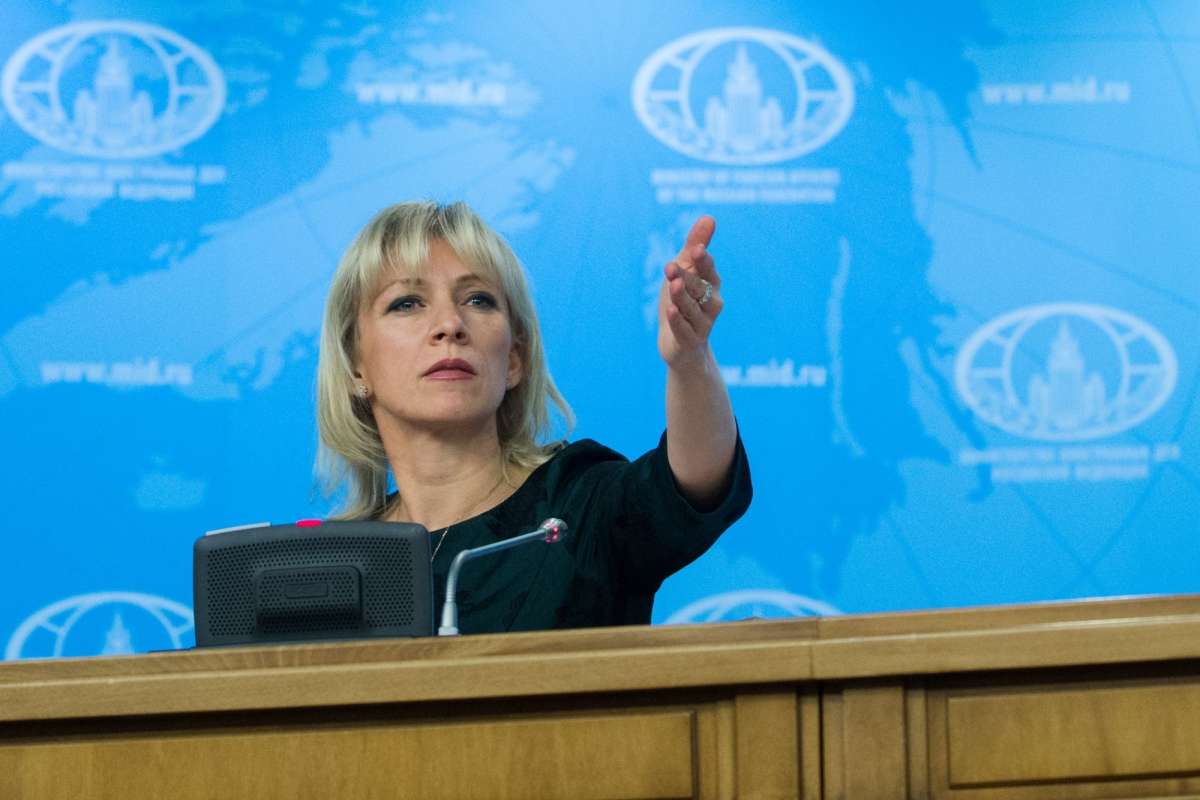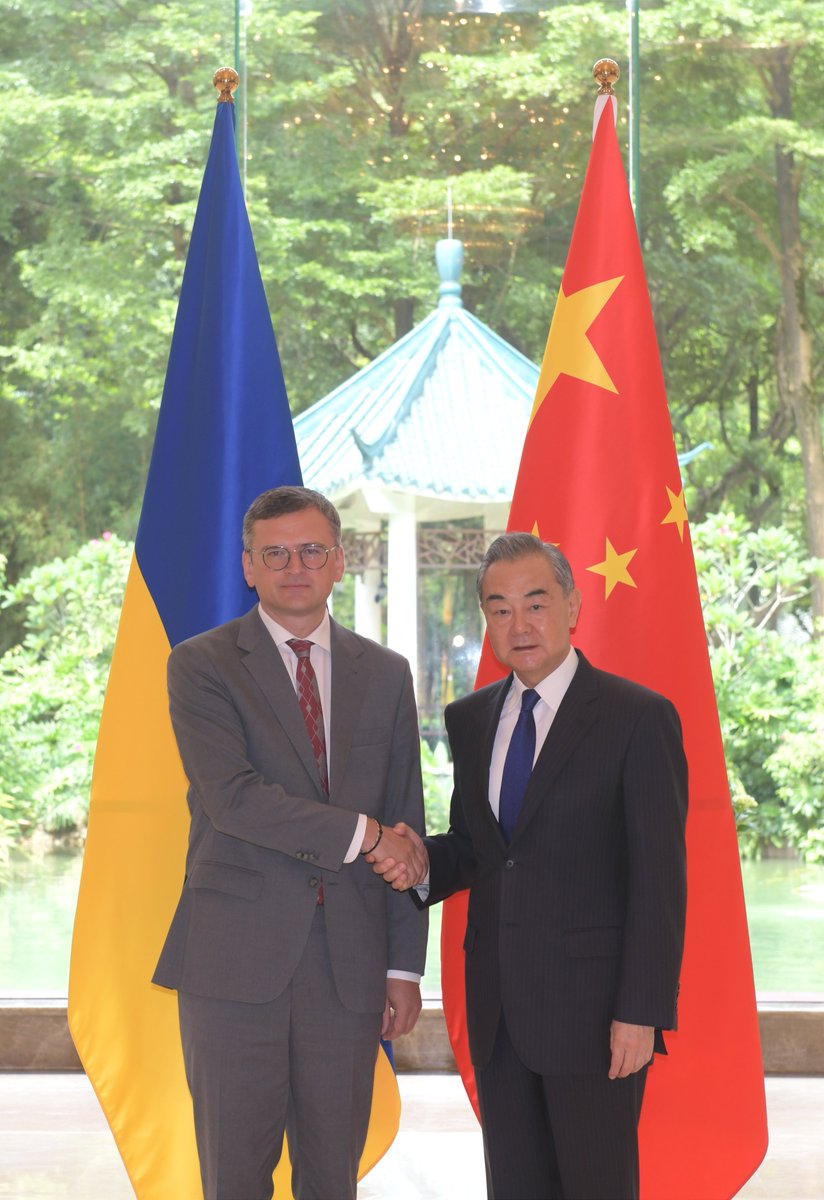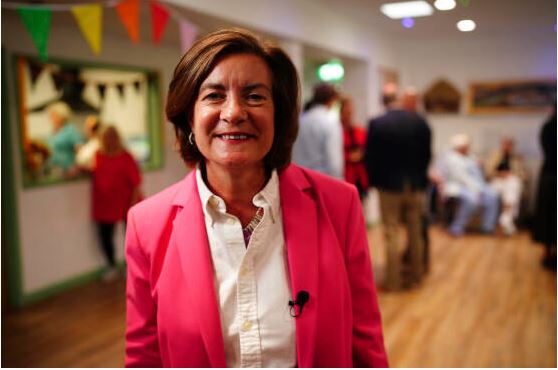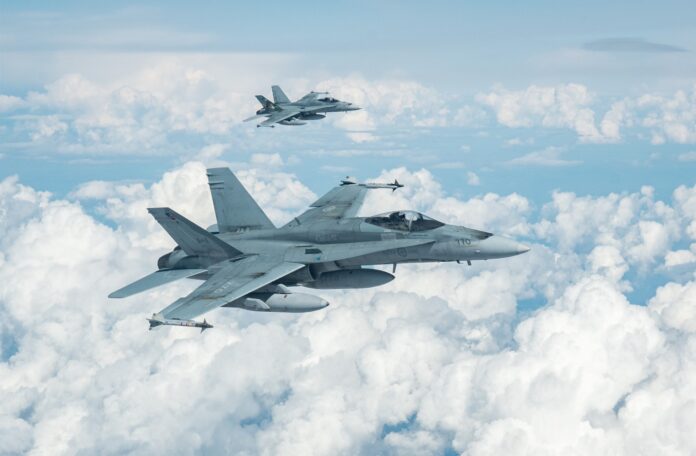In a first, the opening ceremony will not be conducted inside a stadium. The traditional Parade of Nations will be taking place along the river Seine, flowing through the heart of Paris….reports Asian Lite News
The iconic Eiffel Tower in Paris was seen decorated with the five Olympic rings as the multi-sport extravaganza officially kickstarts today with a glittering opening ceremony.
The Paris Olympics 2024 opening ceremony will kickstart at 1:30 p.m., EDT/7:30 p.m. and IST 11.00 p.m. It is the first time in 100 years that the French capital has hosted the summer Games, with the majority of the events taking place in or around the city’s most iconic areas.
As per Olympics.com, in a first, the opening ceremony will not be conducted inside a stadium. The traditional Parade of Nations will be taking place along the river Seine, flowing through the heart of Paris.
Over 10,000 Olympic athletes will be cruising through the Seine and passing through some of Paris’ most iconic landmarks, like Notre Dame, Pont des Arts, Pont Neuf and more on around 100 boats.
This floating parade will depart from Austerlitz Bridge beside the Jardin des Plantes and will meet its conclusion at the Trocadero, where the last remaining Olympic-related protocols and shows will be performed.
The ceremony is expected to last more than three hours. The Paris 2024 Games is pledged to be the “greenest in history,” and the French have promised a “Games Wide Open.”
French theatre director and actor Thomas Jolly is overseeing the ceremonies for the 2024 Olympics and Paralympics in the capacity of an artistic director.
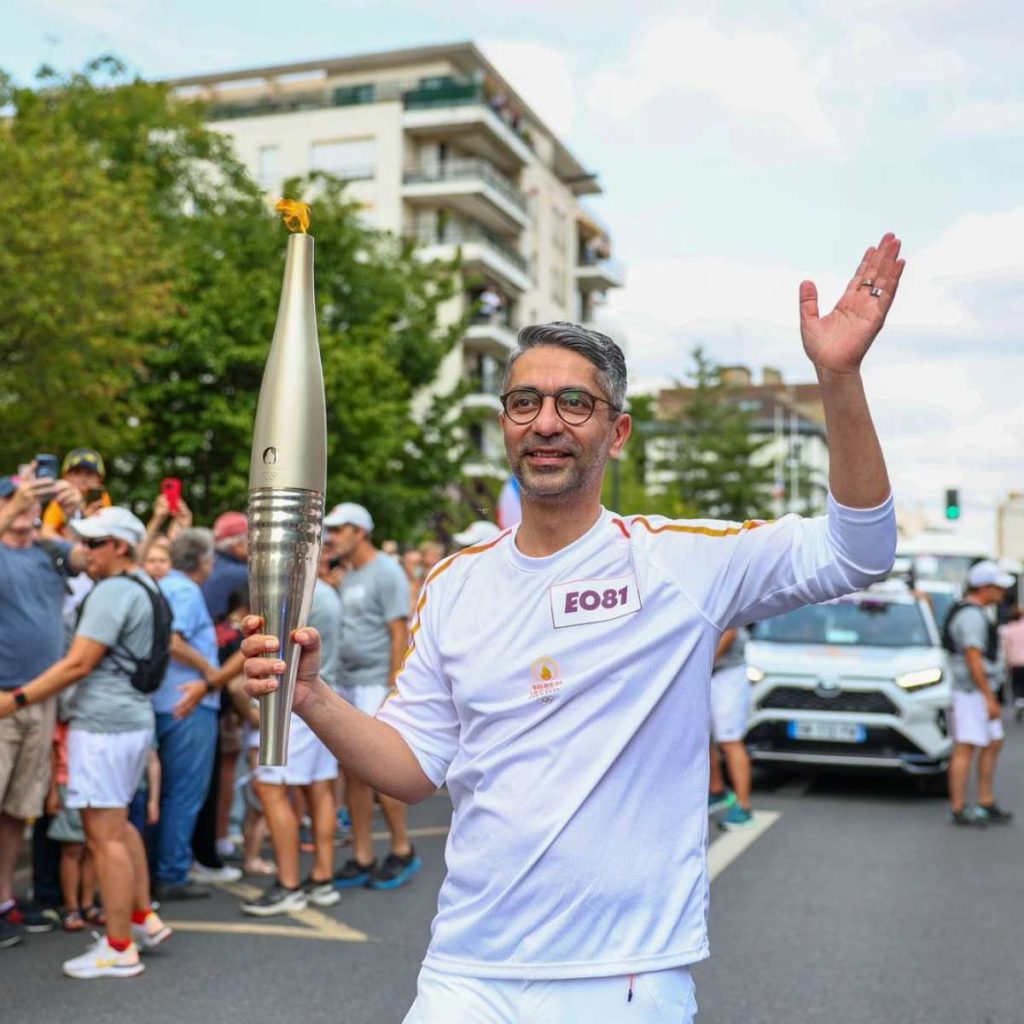
IOC hosts eve summit
On the eve of the Opening Ceremony of the XXXIII Olympic Games in Paris, the International Olympic Committee (IOC) organised an unprecedented summit in the interests of sport, youth and sustainable development that brought together more than 60 heads of state and government and heads of international organisations and got five global commitments and promises of big investments from IOC, FIFA, private and public entities.
The first Sport for Sustainable Development Summit, the largest meeting ever organised on this subject, took place on Thursday on the eve of Paris 2024. On this occasion, France and the IOC wanted to kick off an unprecedented movement to accelerate the contribution of sport to the United Nations’ Sustainable Development Goals (SDGs) by 2030.
At the invitation of French President Emmanuel Macron and IOC President Thomas Bach, the Summit brought together 500 participants -– heads of state and government, heads of international organisations and public banks, members of the Olympic Movement and socially committed athletes, representatives of civil society and young citizens -– and gave rise to ambitious and measurable political, financial and sporting commitments.
On the political level, the commitments of the Paris Agreement for Sport and Sustainable Development received the support of more than 60 heads of state and government and heads of international organisations, including the Secretary-General of the United Nations, Antonio Guterres, who issued a call for the participants to join the Summit of the Future in September, the IOC informed in a release on Thursday.
This Agreement, to which the Olympic Movement has signed up, consists of 10 commitments around the five main priorities of the Summit:
Education and employment, Health and nutrition, Equality and inclusion, Financing and impact measurement, Sustainability and legacy.
On the sporting front, the heads of some of the biggest international sports competitions have announced significant commitments:
The IOC, through its President, Thomas Bach, has announced a 10% increase in its budget dedicated to Olympic Solidarity (USD 650 million for 2025-2028). This will support athletes and sports development programmes around the globe, and includes a budget increase to support National Olympic Committees (NOCs) in their endeavours to actively contribute to the IOC’s strategy to strengthen the role of sport as an important enabler for the UN SDGs.
FIFA President Gianni Infantino announced an ambitious programme to install 1,000 sustainable football pitches in schools in support of the 2030 Sustainable Development Goals.
ALSO READ: Mirabai Chanu to Carry India’s Weight Alone in Paris

